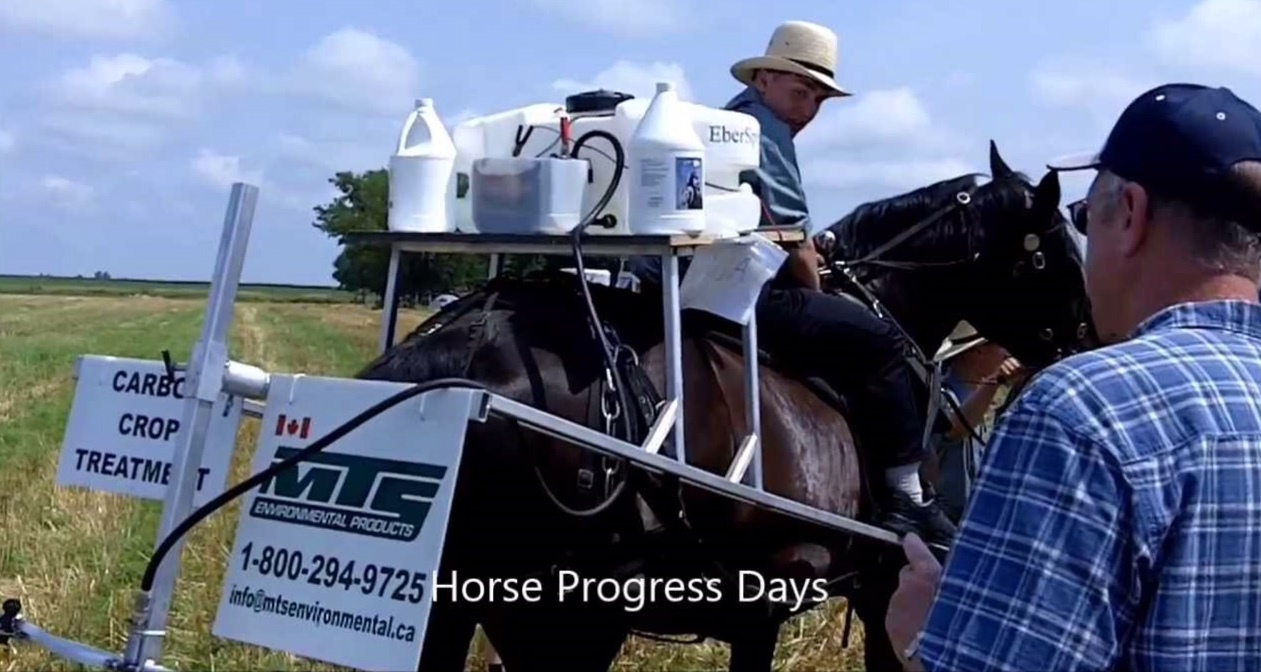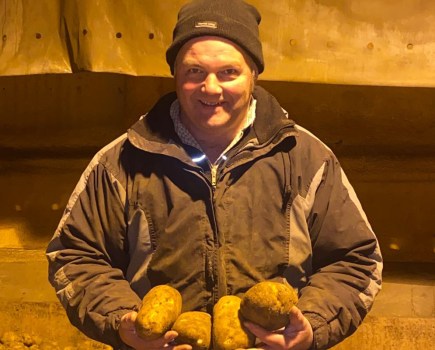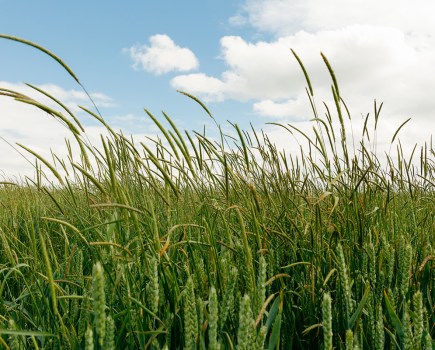Firstly I just want to say that, when it comes to wheat fungicide programmes, my agronomist ranks alongside the Pope in terms of infallibility.
I say this for two reasons. Firstly because he reads my articles and secondly because his brother is a barrister who specialises in libel cases. Which brings me to our annual ‘to T or not to T’ discussion which in terms of intensity ranks alongside the negotiations that led to the Treaty of Versailles or the talks I hold with Mrs Smith every spring as to whether we need a summer holiday or not.
By way of scene-setting it could be said my agronomist tends to like a very early T where I’m more of a mid-evening man. So, being the compliant, respectful chap I am, this year we went for a T0 on the wheat as recommended but that’s when the debate really started. As the April weather turned as dry as a dead dingo’s donger (as an Australian I met once said) I was keen to skip the T1 and hang out for T2 or maybe a nuanced T1.5. Suffice to say, the client talks are currently ongoing but may be resolved by the time you read this.
I imagine I’m not the only one having these sorts of conversations with their agronomist which, in turn, raises the issue as to how much we trust our agronomists. I occasionally hear farmers complaining that their agronomists are in some way making them buy agrochemicals they don’t need to make applications that aren’t necessary. This sort of sentiment can even drift into accusations that farmers are caught up in some sort of corporate conspiracy funded by evil multinationals who seek to turn farmers into their vassals.
I must admit I get a bit bemused by this. While I’m not so naive as to think agronomists are free from the strictures of commerce, I’m also worldly enough to know that’s how the world works whenever you are making any farm-business purchases whether it’s fertiliser, fuel or fungicide.
But at the end of the day if you don’t trust your agronomist to give you good advice then change them. Agronomy will never be some sort of closed, black and white, decision-making process. There will always be a judgement call as to the cost effectiveness of any fungicide programme and it will always be proved right or wrong by subsequent, post-decision weather. But to suggest that makes us putty in a salesman’s hand is just nonsense. Nobody makes me make a spray application. I do it out of my own volition and I take professional advice accordingly.
But I fear these sort of cheap allegations about agronomists duping gullible farmers into making sprays that aren’t necessary aren’t going to go away as they will be fuelled by the political ire of the anti-pesticide lobby. So maybe, going forward, both farmers and agronomists can better demonstrate that decisions were taken on sound agronomy grounds and that alternative non-chemical means of controlling diseases were properly considered.

The latest in foreign auto-steer crop spraying, producing food to be found in most supermarkets and restaurants.
With digital recommendation sheets and spray-recording platforms becoming the norm rather than paper and biro then the question is whether our industry can better prove it works to very high standards based on sound professional advice. I’m convinced that British farming has world-beating professional standards when it comes to crop protection. The challenge is to be able to clearly demonstrate this in the face of those who like to suggest otherwise and call for ever tighter regulation.
These regulations drive up our costs and take away our tools of production thus making us less competitive against imports. If British anti-pesticide NGOs really want to improve the way pesticides are used to grow food then they should start with the foodstuffs coming into our ports.
Guy Smith grows 500ha of combinable crops on the north east Essex coast. @EssexPeasant





